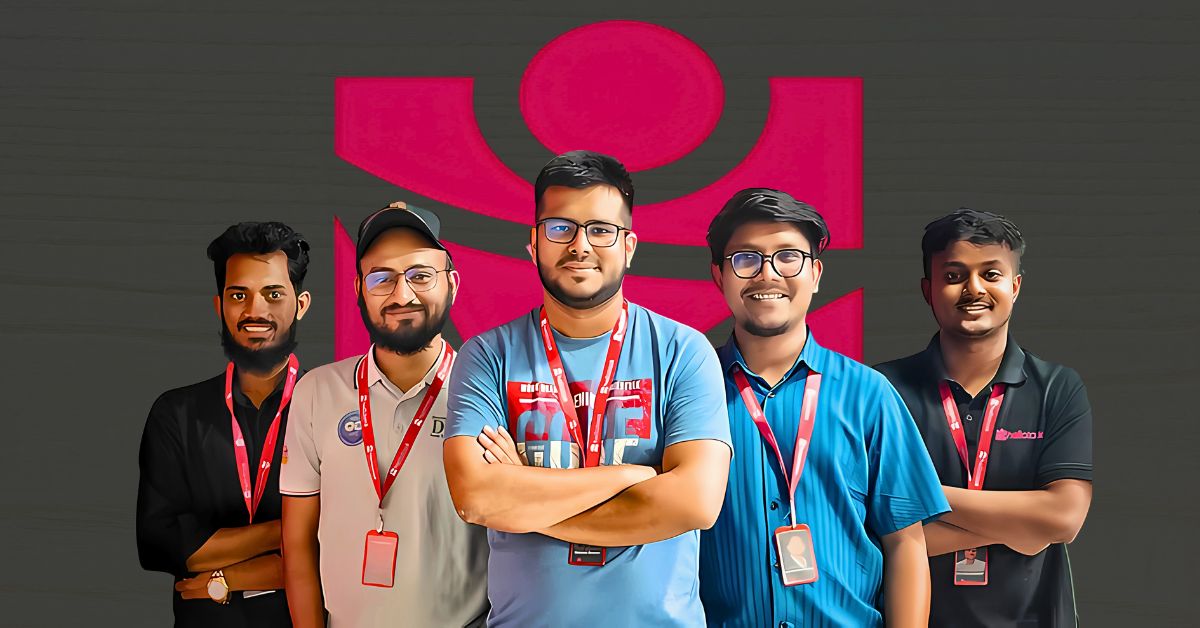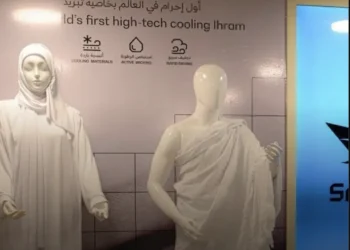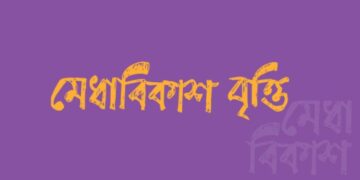How Did the Idea of HelloTask Come?
The journey of a unique startup began with the simple thought of stepping down from a seventh-floor apartment to buy something. Initially, the startup was designed to provide household errands and family assistant services, under the name Robot Dako (meaning “Call a Robot”). The idea was that if someone needed to buy something for their home, they could hire someone from Robot Dako to handle it.
However, when they shared this idea on social media, many people thought it was a service for hiring housemaids. So, people started calling them to find housemaids. This gave the founders a new idea. They changed their plan and started a new service called HelloTask, which focused on providing trained housemaids. This business was started by two brothers, Mahmudul Hasan and Mehedi Smaran.
Starting HelloTask
In 2018, HelloTask officially launched. Since its inception, the startup has received investments totaling over 30 million BDT. However, by 2022, the founders decided to scale back external funding and focus on profitability. While it started as a startup, the founders now refer to it as a fully operational business. Currently, the company has a regular workforce of 16 employees. HelloTasks services are available through its mobile app, which allows residents of Dhaka to hire domestic helpers for various household chores. The services are offered on both hourly and monthly bases.
In 2017, Mehedi Smaran borrowed 200,000 BDT from his businessman father to pay for his private university tuition. Instead, he used the money to launch the startup. Today, the company’s annual income is close to one crore BDT. In 2018, the startup received 4 million BDT in loan support from Mercantile Bank’s Uddoyon funding program.Initially, the business operated under the name Robot Dako. But after realizing the demand for domestic helpers among users, the team shifted focus and launched HelloTask.

Helping Jobless Women
Mehedi Smaran shared that he once lived in Mohammadpur, where many garment factories line the streets. At the beginning of each month, many female workers would gather around these factories looking for jobs, but most would leave empty-handed. That sparked the idea to employ these job-seeking women as domestic helpers.
Knowing there was a growing demand for household help, the company hired 10 workers initially at a monthly salary of 15,000 BDT. They bought two old motorcycles to transport these helpers to clients’ homes. By 2018, HelloTask was receiving 700–800 service requests per day, which soon led to a shortage of available workers.At this critical point, help came from a non-profit organization called Nari Moitree. In collaboration with other NGOs like Oxfam, UCEP School, and the Bangladesh Institute of Labour Studies (BILS), a literacy and training program called “Shuniti Project” was launched. This initiative aimed to train around 16,000 women, and HelloTask was responsible for connecting trained women with job opportunities.
Read More: Dubotech: Transforming Underwater Technology in Bangladesh
How the IVR System Works
With the IVR system, whenever a customer places a request for service, a call is automatically placed to a domestic helper’s phone. The helper can accept the job by pressing 1, after which they receive a text message with details about the job location and time. This system has made operations more efficient and cost-effective. For safety, the IVR system is connected to the national emergency service number 999.
What Services Does HelloTask Offer Now?
HelloTask currently delivers over 3,000 services per month in Dhaka and operates in more than 1,000 neighborhoods. The app has over 130,000 registered users and has provided more than 600,000 services to date. Their largest customer bases are in Bashundhara, Dhanmondi, Gulshan, and Banani—with 30% of users from Bashundhara alone.They now have around 450 registered domestic helpers who provide services on both hourly and monthly bases. For a 3-hour service, customers pay 690 BDT. For a monthly subscription of 3 hours daily, the cost is 7,800 BDT. Notably, 70% of their users opt for daily services.
A full-time domestic helper working 8 hours per day can earn up to 20,000 BDT per month. Customers can also initiate service requests with just a 10 BDT fee and have the option to request a replacement if they’re unsatisfied with a helper.
References: CompWorth, HelloTask
Share via:


















